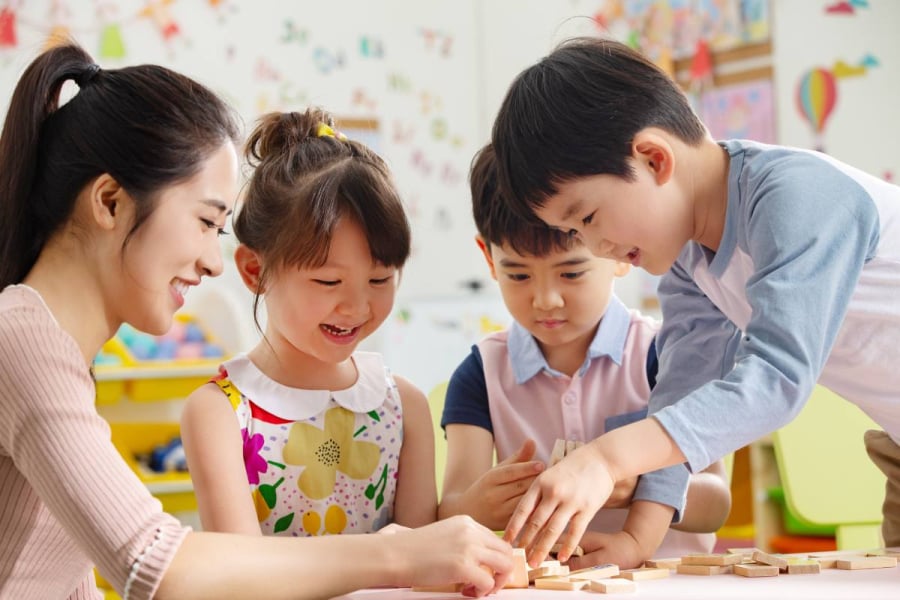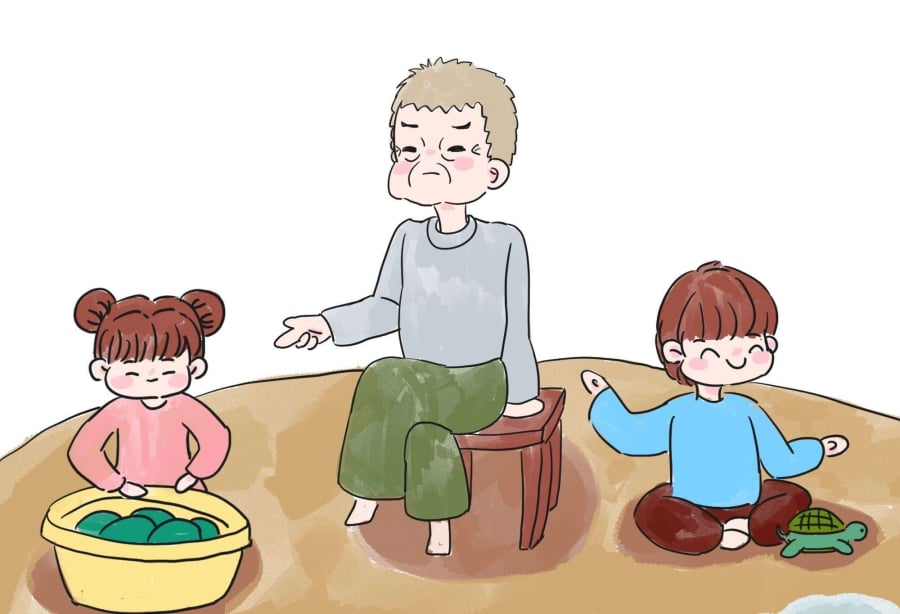Respect, Politeness
If you want something from someone, it’s better to be polite, respectful, and not demand too much.
Children need to learn how to be polite when expecting something from their parents, appreciate what they receive, and accept what they cannot have. Children should not throw tantrums to get what they want, especially with their parents.
Understanding the value of money
Children often do not appreciate things if they get everything they want in life. That’s why children always expect the best from people.
From an early age, children need to learn the importance of managing money, such as saving money to buy the things they want. After all, no parent wants their child to grow up and still depend on them.

Awareness of learning
To help children achieve their goals in life, education is essential. Whether children go to college or vocational school, they should be encouraged to do homework, behave well in class, and take responsibility when they perform poorly.
Always say thank you
When a child receives a gift or receives help from someone else, parents need to teach them to say thank you. This way, children will learn how to be grateful and respect their loved ones.
Bouncing back from failure
Everyone has the right to make mistakes. But when a child makes a mistake, they need to learn from it. Parents should let children comfortably make mistakes, not always protect them and teach them how to overcome failures.
For example, if a child forgets to do homework, they will learn to take responsibility for it instead of parents doing it for them.

Expressing personal opinions
In developing confidence, decision-making skills, and independence, expressing personal opinions is important.
Children have the opportunity to express their opinions can develop communication skills, argumentation, and express their own ideas. This helps children understand that their opinions are important and valued, creating an environment that encourages creativity and independent thinking.
Having dinner with the family
Dinner is a time for the whole family to gather together. Through this, family members are connected. Besides, dinner is also a perfect time to teach healthy eating habits and proper social etiquette.
Not always getting what you want
The important thing in teaching children is to help them understand that they can’t always have what they want and that it’s not automatic in life. Children learning to deal with disappointment and making efforts to achieve goals is an important part of the development and adulthood process.
Parents and caregivers need to show listening and understanding to their children’s desires but also set reasonable limits and rules to help children understand that they can’t always be satisfied immediately. This helps children learn to handle disappointment, be patient, and adapt to different situations in life.

Doing household chores
Many parents do not expect their children to do household chores so that they can devote all their time to studying. However, children not only need to learn the importance of responsibility from an early age but also learn to take care of themselves as they grow up.
Participating in household chores helps children develop independence, build responsibility and contribution, and understand the value of labor.
Always finish what’s on the plate
If a child has an allergy, they should learn to eat what they are given. Teach children to be grateful when there is something to eat because it is something that is not always guaranteed in life. This is especially important when children are guests at someone else’s house.
Children should also be encouraged to participate in food preparation and cooking to learn the value of delicious food.
Learning Tips for Parents: 12 Japanese Techniques to Use with Your Children
Discover the 12 principles of teaching children in the traditional Japanese way that parents can learn with Dien May XANH! By instilling these principles when your children are young, you can ensure that they grow up to be obedient, smart and polite, the hallmarks of a successful education in Japan.
“Creating Lasting Memories: 10 Tips for Strengthening the Father-Child Bond”
Are you looking for effective ways to create a strong and close relationship with your child? If so, this article is for you! Find out 10 creative ways to nurture the father-child bond and make the relationship between you and your child more meaningful. These simple tips can help you create a special bond with your child and build strong emotional ties.



































